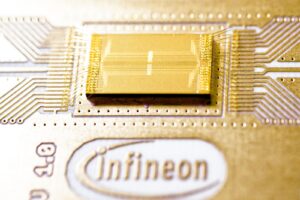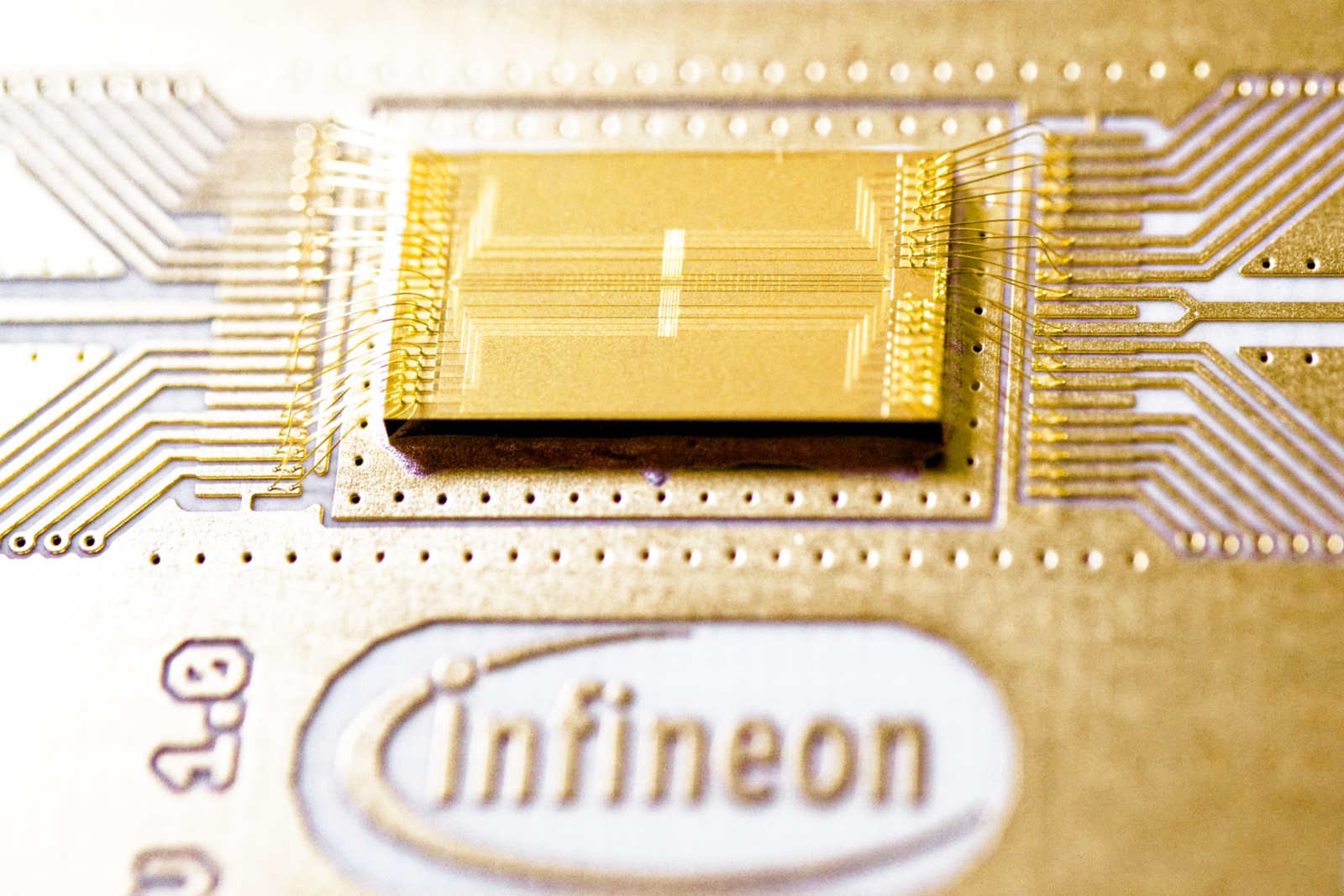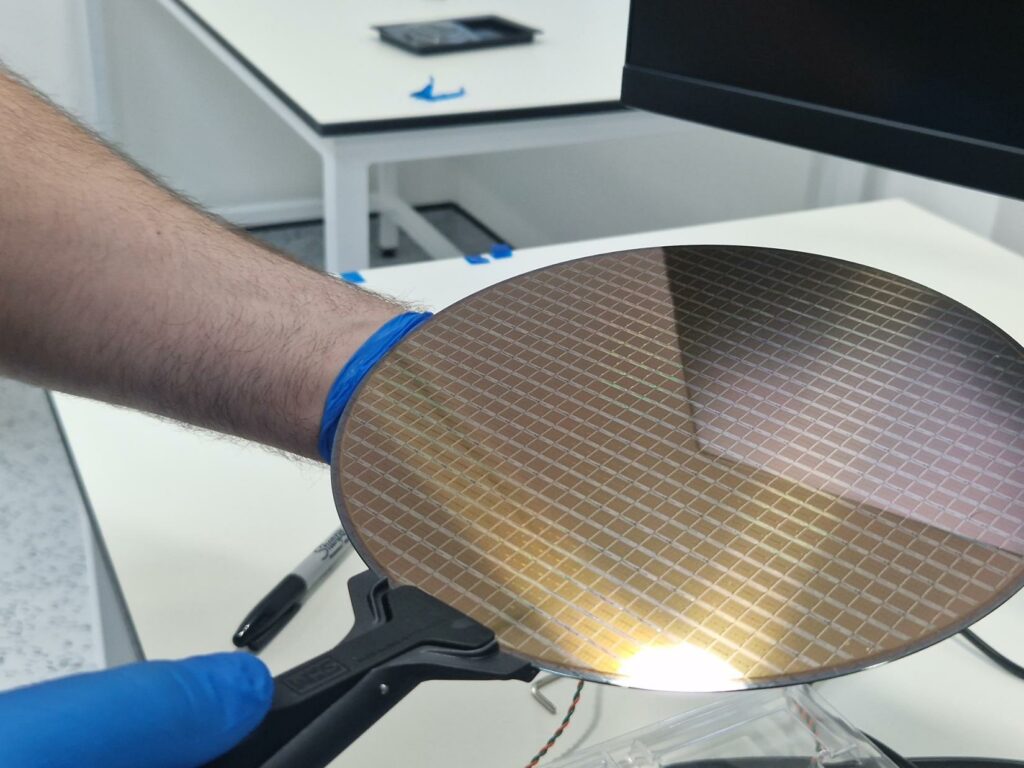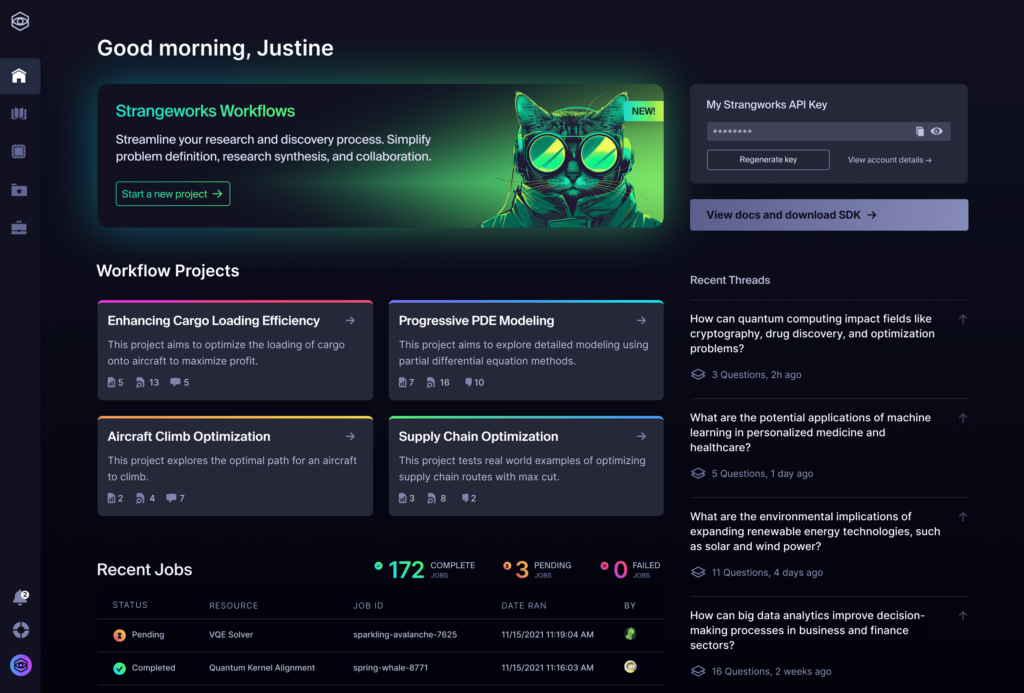
PRESS RELEASE — Infineon Technologies AG is strengthening its commitment to the development of quantum computing technologies in Germany and Europe. In addition to previously established initiatives and partnerships the chip manufacturer is participating in six additional research projects which are being funded as part of the German federal government’s economic stimulus package for the future of quantum technologies. In partnership with research institutes and partners in industry, Infineon will contribute its expertise in microelectronics and industrial manufacturing as well as its experience in application relating to future quantum computers.
Quantum computers can elevate possible computing power to previously unattainable levels. The computers are to quickly perform tasks which would take years to complete even for high-powered supercomputers using today’s technologies. This will accelerate for example the development of medications or chemical catalysts by simulating processes on a molecular scale. The computing power can also be used to optimize highly complex processes in logistics and thus to make supply chains more robust. But technical hurdles still need to be overcome before quantum computers can be made relatively lightweight and user-friendly.
“Infineon sees quantum technologies as a major opportunity in global competition, since they constitute a completely novel development,” says Dr. Reinhard Ploss, CEO of Infineon. “We are still a long way from deciding which technological path will make the fastest progress possible and which applications will be successfully handled by quantum computers. Infineon is therefore conducting research on a variety of approaches. By participating in the new projects we will widen our footprint along the entire quantum technology value chain, from hardware and software to industrial production and even application. The close cooperation in these projects will accelerate the pace of development and will establish the basis for a successful future.”
The objective of the research projects is to overcome obstacles in the use of quantum technology. Here demonstrators are to be constructed, electronic control is to be integrated and software for the use of quantum computers is to be developed. The challenges are still large in all areas: The development of applicable quantum computing involves more than simply providing more and better qubits for calculations. It also calls for a holistic approach that takes peripherals, software and applications into account, in addition to hardware. Infineon is contributing its experience with scaling and manufacturing in the various different fields and will investigate possible application cases.
The individual projects in detail:

- The ATIQ project (Trapped-Ion Quantum Computer for Applications) includes 25 partners from research facilities and industry is developing an ion trap-based quantum computer demonstrator which can be made available to users reliably and around the clock within 30 months. Initially the demonstrator will work with ten qubits and will later be scaled up to more than 100 qubits. Infineon is contributing its expertise gained in ion trap projects as well as in control electronics and cryoelectronics.
- MuniQC-SC (Munich Quantum Computer based on Superconductors) is developing a quantum computer demonstrator based on superconductors. Infineon is working together with ten research and start-up partners in the project, which includes laboratory, small-batch and industrial-scale manufacturing. In particular, the chip manufacturer is contributing expertise in industrial manufacturing processes for semiconductor production.
- The QuMIC project (Qubits Control by Microwave Integrated Circuits), involving a total of six partner institutions, focuses on the miniaturization of the radio-frequency electronics and control electronics necessary for quantum computers based on ion trap or superconducting qubits. Infineon is coordinating the project and is concentrating on the investigation of highly-integrated computer chips in the radio-frequency range as well as their integration in quantum electronics. The project also focuses on the development of compact multi-chip modules.
- QVOL (Volume production of quantum sensors based on magnetic field sensors in silicon carbide) is the first quantum sensor project in which Infineon is involved, leading the research consortium of a total of six partners. Infineon’s main task is the development of quantum sensor structures based on silicon carbide technologies which are also suitable for high-volume production.
- The project QuaST (Quantum-enabling Services und Tools) is developing software tools which will considerably simplify user access to quantum computers. The objective is to simplify previous highly specialized programming methodologies to the point that programmers will no longer require special knowledge of quantum computing, but rather the software will carry out the necessary modifications to the hardware in the background. This includes in particular the automatic breakdown of optimization problems in industrial questions for classical supercomputers and quantum computers. Six partners are collaborating in the project. Infineon is providing concrete application examples from the global supply chain.
- The QuBRA project (Quantum methods and Benchmarks for Resource Allocation) is developing algorithms and benchmarking to determine the practically viable benefit of quantum computers in comparison to classic approaches, for example in machine learning. Among other things this will help decide when the use of quantum computers is preferable and when the use of classical computers is more practical. Infineon is also contributing application scenarios from the supply chain to this project, with a total of six partners.
About Infineon
Infineon Technologies AG is a world leader in semiconductor solutions that make life easier, safer and greener. Microelectronics from Infineon are the key to a better future. With around 50,280 employees worldwide, Infineon generated revenue of about €11.1 billion in the 2021 fiscal year (ending 30 September) and is one of the ten largest semiconductor companies worldwide.
If you found this article to be informative, you can explore more current quantum news here, exclusives, interviews, and podcasts.


















